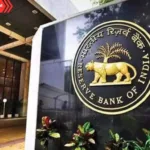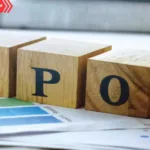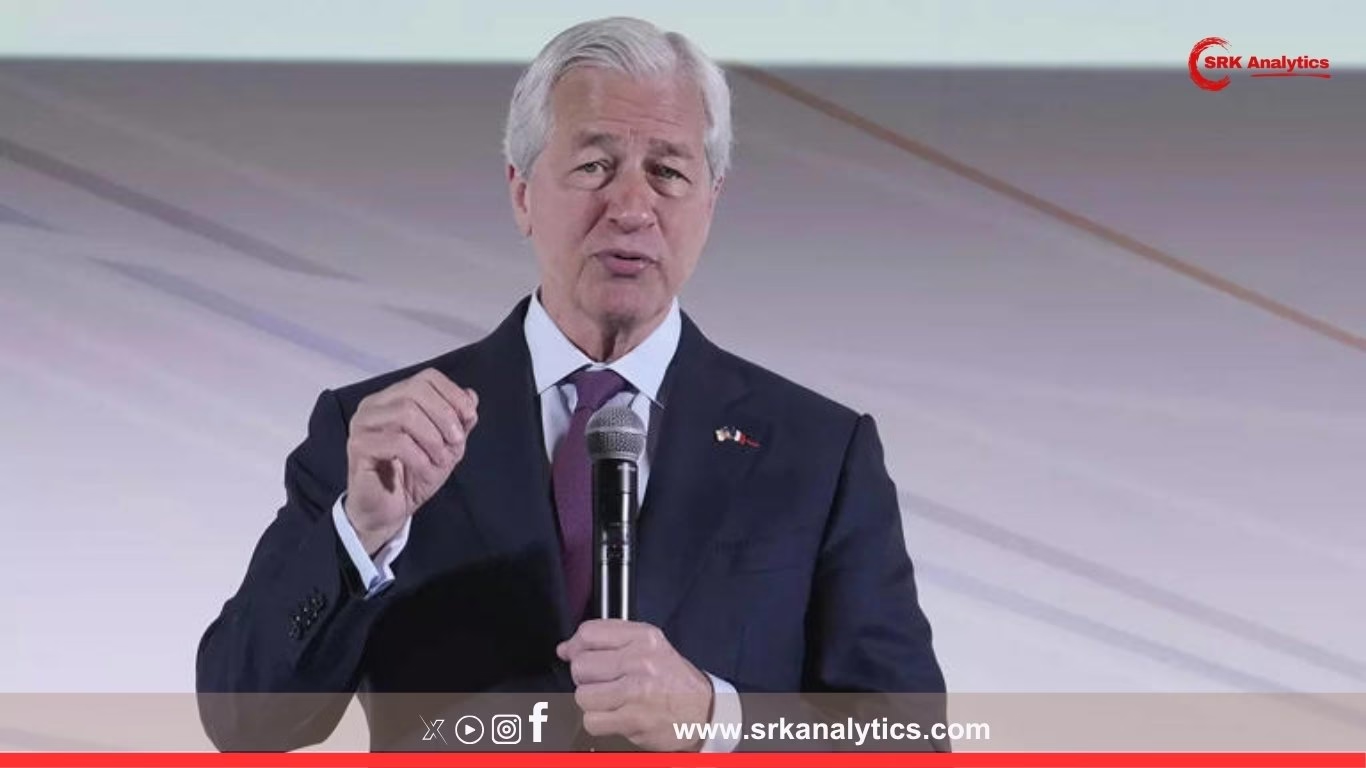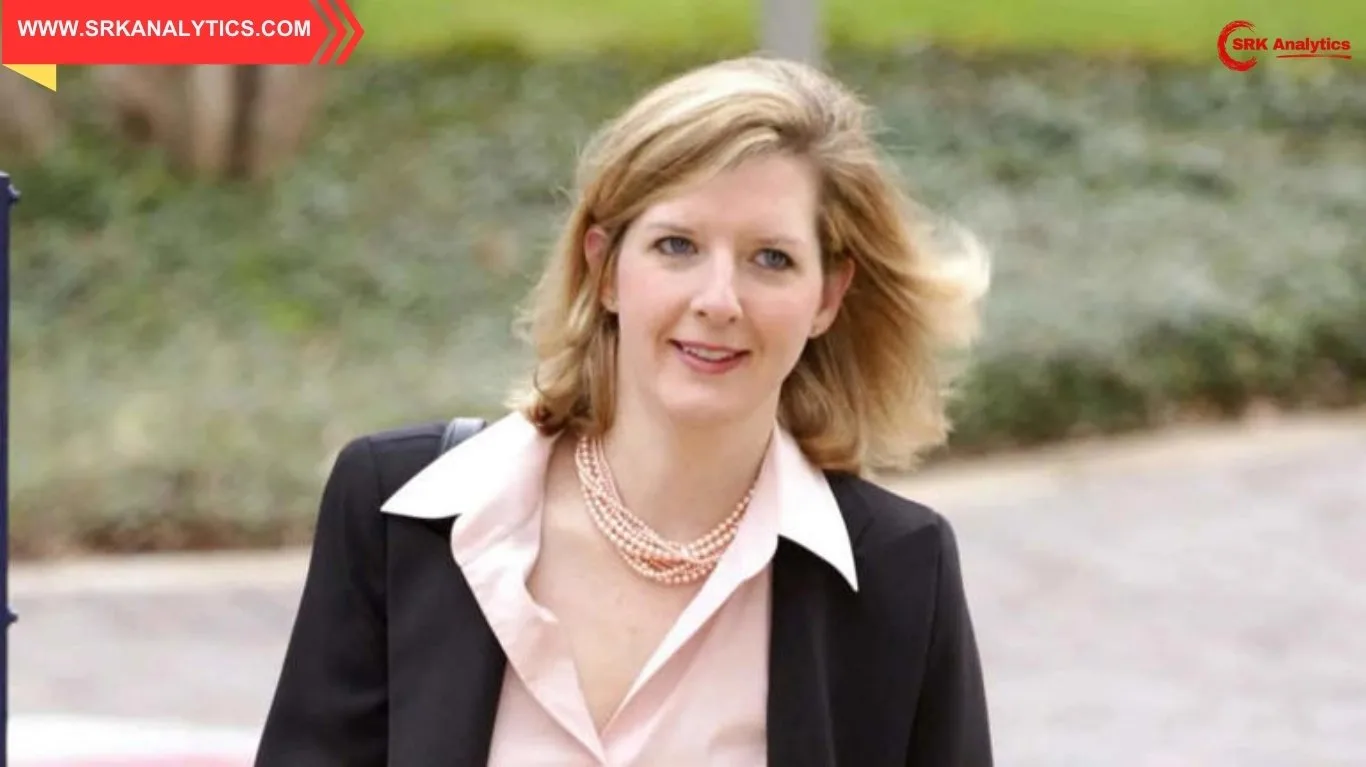In a candid revelation that has stirred both Wall Street and Silicon Valley, JPMorgan Chase CEO Jamie Dimon recently shared that he was offered a top executive role at Amazon by founder Jeff Bezos in late 1999—a moment that could have dramatically altered the trajectory of two global giants. Speaking on the Acquired podcast, Dimon recounted the pivotal meeting in Seattle where Bezos invited him to become president of Amazon’s e-commerce platform. Despite the allure of joining a rising tech star, Dimon ultimately declined the offer, citing personal and professional reasons.
A Coffee Table Conversation That Could Have Changed History
Dimon described the meeting with Bezos as warm and engaging, noting that they “hit it off” immediately. At the time, Amazon was still a fledgling company with a market capitalization of just $5 billion—minuscule compared to its current $2.4 trillion valuation. Bezos was actively seeking a president to help scale the company’s operations, and Dimon was a prime candidate given his financial acumen and leadership experience.
Dimon joked about the lifestyle shift the role would have entailed: “I’d never wear a suit again… I’d live on a houseboat.” But beneath the humor lay serious considerations. He had a young family, deep roots in finance, and was still recovering from his abrupt exit from Citigroup the year before. The idea of uprooting his life and diving into the volatile tech world felt like “just a bridge too far”.
The Road Not Taken: Dimon’s Strategic Pivot
After declining Bezos’ offer, Dimon returned home and began exploring other opportunities. He fielded offers from global investment banks, insurance giant AIG (via Hank Greenberg), and even Home Depot—despite admitting he’d never stepped inside one of their stores. But the call that stuck came from a headhunter representing Bank One, a struggling Chicago-based lender.
Despite warnings from analysts like Mike Mayo that “even Hercules couldn’t fix it,” Dimon saw potential. He invested $60 million—half his net worth—into Bank One stock on day one, vowing to “go down with the ship or up with the ship.” His leadership revitalized the bank, which later merged with JPMorgan Chase in 2004, paving the way for Dimon to become CEO.
Dimon’s Investment Philosophy: “Don’t Blow Up”
Throughout the podcast, Dimon emphasized his guiding principle: “Don’t blow up.” He recounted buying his first stock at age 14 in 1972, only to watch the market plunge 45% within two years. That early experience taught him to always factor in “invisible risks”—a mindset that has shaped JPMorgan’s risk culture and long-term strategy.
Amazon in 1999 vs. Today: A Comparative Snapshot
| Year | Amazon Market Cap | CEO | Key Product Focus |
|---|---|---|---|
| 1999 | $5 billion | Jeff Bezos | Books, early e-commerce |
| 2025 | $2.4 trillion | Andy Jassy | Cloud, AI, global retail |
Had Dimon accepted the offer, Amazon’s leadership DNA and strategic direction might have looked radically different. Conversely, JPMorgan Chase may not have achieved its current scale and influence.
Dimon’s Legacy: A Case Study in Strategic Restraint
Dimon’s decision to stay in finance rather than pivot to tech underscores his disciplined approach to leadership. While many executives chase hype and rapid exits, Dimon chose to rebuild a broken institution from within. His $60 million personal investment in Bank One wasn’t just financial—it was symbolic of his belief in ownership, accountability, and long-term value creation.
Bezos and Dimon: A Friendship That Endures
Despite turning down the offer, Dimon and Bezos remain close friends. Their relationship reflects the growing convergence between tech and finance, as leaders from both sectors increasingly collaborate and cross-pollinate ideas. Dimon’s story serves as a reminder that career-defining decisions often hinge on more than just opportunity—they require alignment with personal values, timing, and vision.
Lessons for Today’s Leaders
Dimon’s anecdote offers valuable insights for entrepreneurs, executives, and investors:
- Evaluate Long-Term Fit Over Short-Term Hype: Not every shiny opportunity is the right one.
- Factor in Personal and Professional Alignment: Career moves should support both life goals and strategic ambitions.
- Invest in What You Understand: Dimon’s reluctance to jump into tech without full clarity reflects prudent leadership.
- Culture and Risk Matter: His “don’t blow up” mantra is a timeless reminder of the importance of sustainable growth.
Final Thoughts: A Sliding Doors Moment in Corporate History
Jamie Dimon’s decision to decline Jeff Bezos’ offer wasn’t just a personal choice—it was a defining moment that shaped the future of two of the world’s most powerful institutions. His story is a testament to the power of strategic restraint, cultural clarity, and long-term thinking in an era often dominated by rapid disruption.
Disclaimer: This article is based on publicly available interviews and financial data. All figures are estimates and subject to change. This content does not constitute financial advice.











